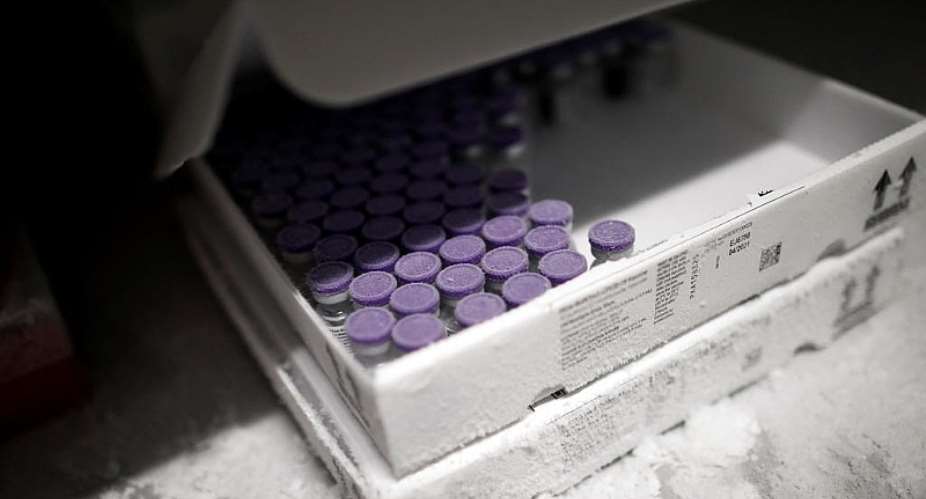Pfizer-BioNTech said on Friday deliveries of its coronavirus vaccine to Europe will be delayed for up to a month during work to boost capacity at the company's plant in the Belgian city of Puurs.
The announcement came as deaths from the pandemic approached two million and officials from the World Health Organization drew up fresh proposals to fight new strains of the disease.
French health chiefs said on Friday that its pharmaceutical giant Sanofi could manufacture vaccines on behalf of other developers, including Pfizer-BioNTech, while awaiting for approval of its own shot by the end of the year.
However, Denmark, Sweden, Finland and the Baltic states criticised the Pfizer-BioTech hold-up as unacceptable.
Restrictions
With Europe recording 30,003,905 cases, governments across the continent have imposed more restrictions.
On Thursday, the French prime minister, Jean Castex, announced a 6pm curfew in all metropolitan areas across the country from Saturday for at least 15 days.
He said 18,000 new cases of coronavirus each day had prompted the move.
Portugal entered a fresh on lockdown Friday as the British government started to enforce its ban on all arrivals from South American countries over fears of importing a new coronavirus strain.
"I've taken the urgent decision ... following evidence of a new variant in Brazil," said transport secretary Grant Shapps.
The new strain, known as E484K, has raised alarm among researchers over its possible impact on immunity.
Suspension
On Friday night, the prime minister, Boris Johnson, announced the suspension of "travel corridor" arrangements that had allowed arrivals from some countries to avoid quarantine.
"What we don't want to see is all that hard work undone by the arrival of a new variant that is vaccine-busting," he said.
The restrictions will last from 18 January until 15 February. Under the new rules, all travellers must have a recent negative coronavirus test and transfer immediately into isolation of up to 10 days upon arrival.
In the United States, President-elect Joe Biden unveiled a proposal for a 1.5 trillion euro relief package aimed at revitalising the world's largest economy in the wake of the pandemic.
Biden wants to raise the federal minimum wage to 15 dollars (12 euros) an hour, help struggling state and local governments, boost the vaccination campaign and safely reopen schools.
"In this moment of crisis ... we cannot afford inaction," Biden said.





 Tuesday’s downpour destroys ceiling of Circuit Court '8' in Accra
Tuesday’s downpour destroys ceiling of Circuit Court '8' in Accra
 SOEs shouldn't compromise on ethical standards, accountability – Akufo-Addo
SOEs shouldn't compromise on ethical standards, accountability – Akufo-Addo
 Father of 2-year-old boy attacked by dog appeals for financial support
Father of 2-year-old boy attacked by dog appeals for financial support
 Jubilee House National Security Operative allegedly swindles businessman over sa...
Jubilee House National Security Operative allegedly swindles businessman over sa...
 Nobody can order dumsor timetable except Energy Minister – Osafo-Maafo
Nobody can order dumsor timetable except Energy Minister – Osafo-Maafo
 Mahama wishes National Chief Imam as he clock 105 years today
Mahama wishes National Chief Imam as he clock 105 years today
 J.B.Danquah Adu’s murder trial: Case adjourned to April 29
J.B.Danquah Adu’s murder trial: Case adjourned to April 29
 High Court issues arrest warrant for former MASLOC Boss
High Court issues arrest warrant for former MASLOC Boss
 Align academic curriculum with industry needs — Stanbic Bank Ghana CEO advocates
Align academic curriculum with industry needs — Stanbic Bank Ghana CEO advocates
 Election 2024: We'll declare the results and let Ghanaians know we've won - Manh...
Election 2024: We'll declare the results and let Ghanaians know we've won - Manh...
